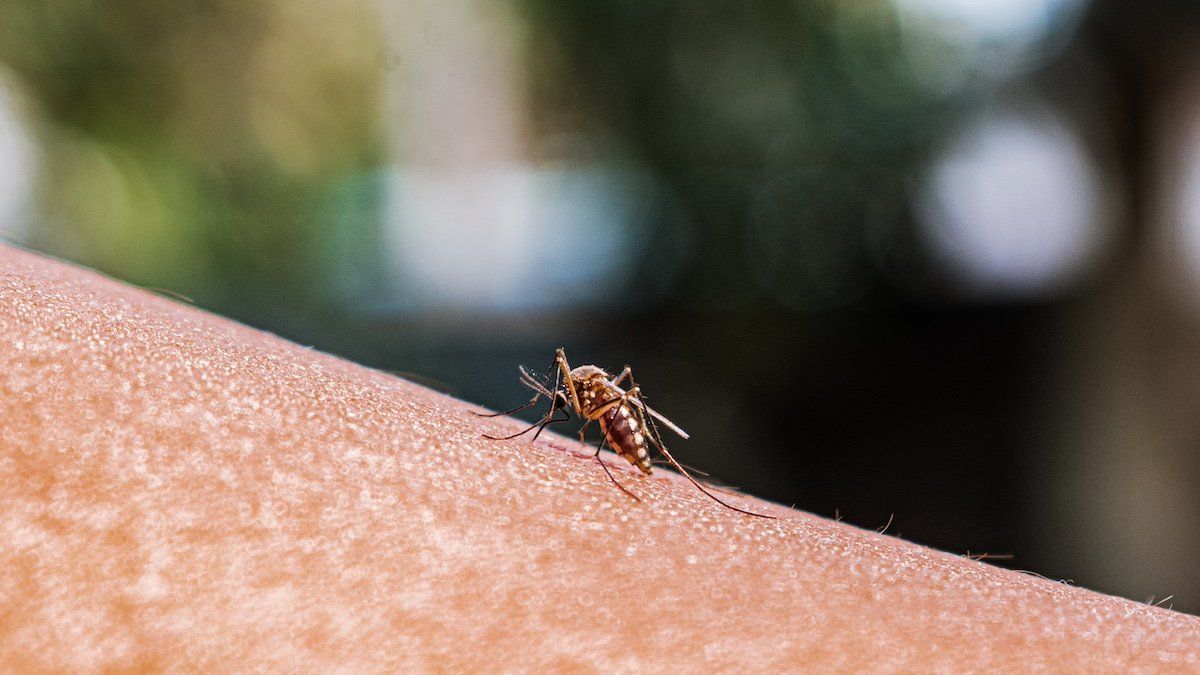The coastal country of Djibouti, one of the smallest by population in Africa, has a big problem in a tiny package: An invasive species of mosquito from the Indian subcontinent has driven malaria rates through the roof, so the government on Thursday released thousands of genetically modified bugs in a bid to save thousands of lives.
How deadly is the disease? Malaria has probably killed more human beings over the sweep of history than any other single infectious disease, and African governments have been fighting for decades to eliminate it. Djibouti darn near made it: In 2012, the country recorded just 27 cases.
But since then, an invasive species has arrived. Unlike the mosquitoes indigenous to most of Africa, the new bugs thrive in urban environments and bite during the day, making them impossible to avoid. In 2020, over 70,000 people contracted malaria — one in every 15 Djiboutians — of whom 190 died. The invasive bugs are spreading to important cities in Ethiopia and Kenya, and have been found as far away as Lagos, Nigeria, a metropolis of over 15 million.
Fight bugs with bugs: Working with scientists at US firm Oxitec, Djibouti released thousands of genetically modified versions of the invasive mosquitos whose female offspring die quickly. Since only females of the species bite humans, the hope is reducing their number will reduce human exposure.
Similar programs in Brazil met with astonishing success, driving down the population of dengue-carrying mosquitoes by 96%, a model later copied by Panama and the Cayman Islands. We’re watching Djibouti’s plan with great hope.
